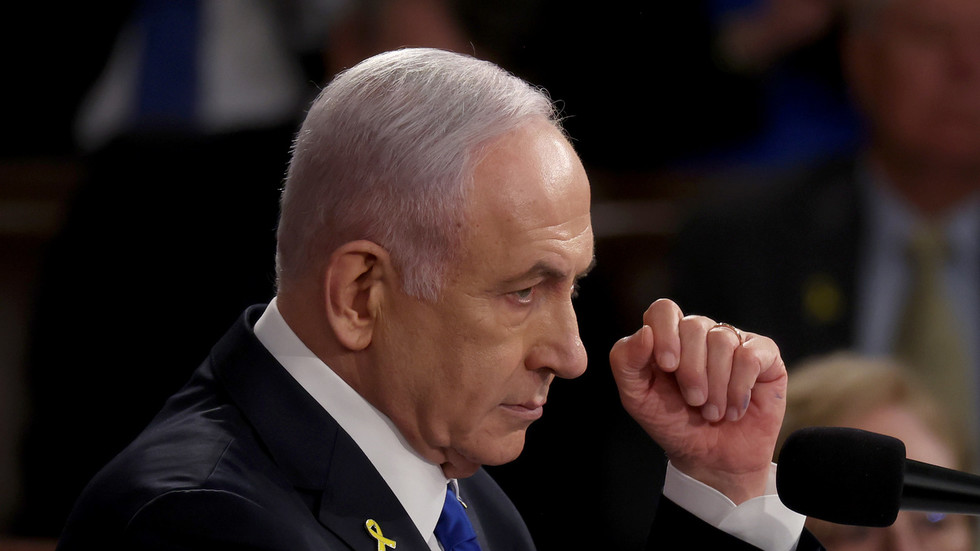Israeli Prime Minister Benjamin Netanyahu has found himself embroiled in a series of reports alleging criminal activities involving members of his office, including serious accusations such as attempted blackmail and the tampering of sensitive information. Amidst growing scrutiny from the media, Netanyahu characterized these reports as a coordinated “organized witch hunt,” expressing that the allegations aimed to undermine his leadership during a critical time for the country, particularly in the context of ongoing military operations in Gaza. His denouncement followed a report from Israel’s national broadcaster Kan, which outlined accusations against his chief of staff, Tzachi Braverman, who allegedly pressured an Israel Defense Forces (IDF) officer to provide access to sensitive documents. Braverman, however, has firmly rejected these allegations.
The investigation into the alleged manipulation of official meeting minutes concerning the recent Gaza war has been described as another concerning development, further complicating the legal landscape surrounding Netanyahu and his administration. The central focus of this investigation is the discussions between Netanyahu and former military secretary Avi Gil, which occurred since hostilities escalated in October 2023. There is a growing concern regarding whether these alleged actions by his staff reflect a broader strategy of narrative manipulation to solidify Netanyahu’s position as leader. Despite these serious concerns, reports indicate that no direct evidence has implicated Netanyahu himself in the ongoing investigations, although the legal implications remain significant for his office.
Compounding the challenges for Netanyahu is a separate police investigation linked to a notable leak of sensitive intelligence by his office to foreign media, a situation that has resulted in multiple arrests, including those of former aides. Such leaks are perceived as potentially jeopardizing national security, thus intensifying the scrutiny on Netanyahu’s administration and prompting media outlets like Haaretz to speculate on a systemic pattern of misconduct within the Prime Minister’s Office. This context raises questions about the integrity of the leadership during a period marked by heightened tensions in the region, underscoring the complicated relationship between the government and media in Israel.
In tandem with these criminal investigations, Netanyahu is also grappling with the intricacies of a long-standing corruption case against him, involving charges of fraud, bribery, and breach of trust. His legal team recently sought a postponement of his scheduled testimony, citing a series of recent security incidents that they claim hindered his ability to prepare adequately. This request comes as the trial, initiated in May 2020, has already faced significant delays due to the COVID-19 pandemic and renewed military conflict with Hamas. Netanyahu has consistently maintained his innocence, framing the legal battles as politically motivated efforts to discredit him and remove him from power.
The ongoing investigations and legal troubles pose a comprehensive challenge to Netanyahu’s political stability and authority. His administration’s credibility is grappling with the dual burden of public scrutiny and serious legal allegations, raising concerns about governance effectiveness during a crucial time for Israel. The broader implications of these developments suggest a potential shift in the political landscape as calls for accountability and transparency gain more traction amidst allegations of misconduct. As Netanyahu’s legal situation unfolds, the future of his administration hangs in the balance, with the potential for lasting impacts on the Israeli political framework.
In summary, the interplay between Netanyahu’s legal troubles, allegations against his office, and the ongoing conflict in Gaza create a complex narrative that underscores the challenges faced by Israeli leadership. As the investigations progress and public opinion sways, the outcomes could reshape both Netanyahu’s political career and the broader governance landscape in Israel. Ultimately, the extent to which these allegations will influence Netanyahu’s standing will depend on the legal findings, the public response, and the outcome of the military conflict that currently exacerbates the situation.

